post-smtp domain was triggered too early. This is usually an indicator for some code in the plugin or theme running too early. Translations should be loaded at the init action or later. Please see Debugging in WordPress for more information. (This message was added in version 6.7.0.) in /var/www/develop.tangible.one/htdocs/wp-includes/functions.php on line 6131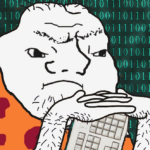
The Grug Brained Developer
A layman’s guide to thinking like the self-aware smol brained
The site linked above is recently published, but many in the programming community already consider it part of classic literature in programming and computer culture.
It ought to be required reading for all professional programmers – although, the too big brained among us might not appreciate the wisdom and humor. The main message is about the importance of simplicity, and the joy of capturing complexity in a crystal.
The name “Grug” is from Grug Crood, a cave man in the animated film The Croods.
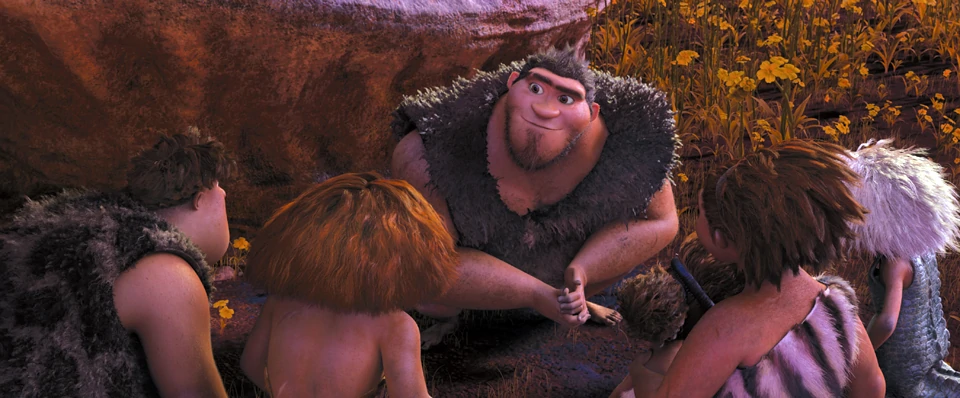
Program like cave people in the Stone Age.
Art Brut (“raw art”) as a literary and architectural style in programming.
Blunt, crude, primitive. Simple, easy to grok.
Grok /ˈɡrɒk/ is a neologism coined by American writer Robert A. Heinlein for his 1961 science fiction novel Stranger in a Strange Land.
The Oxford English Dictionary summarizes the meaning of grok as:
to understand intuitively or by empathy; to establish rapport with; to empathize or communicate sympathetically; to experience enjoyment
The concept of grok has had significant cultural influence in the years after the book’s initial publication. The term and aspects of the underlying concept have become part of communities such as computer science.
Grok means “to understand”, of course, but Dr. Mahmoud, who might be termed the leading Terran expert on Martians, explains that it also means, “to drink” and a hundred other English words, words which we think of as antithetical concepts. Grok means all of these.
It means “fear”, it means “love”, it means “hate” – proper hate, for by the Martian “map” you cannot hate anything unless you grok it, understand it so thoroughly that you merge with it and it merges with you – then you can hate it. By hating yourself. But this implies that you love it, too, and cherish it and would not have it otherwise.
Grok means “identically equal”. The human cliché “This hurts me worse than it does you” has a distinctly Martian flavor. The Martian seems to know instinctively what we learned painfully from modern physics, that observer acts with observed through the process of observation.
Grok means to understand so thoroughly that the observer becomes a part of the observed – to merge, blend, intermarry, lose identity in group experience. It means almost everything that we mean by religion, philosophy, and science and it means as little to us as color does to a blind man.
Grug is also the name of a beloved character from a series of children’s picture books.
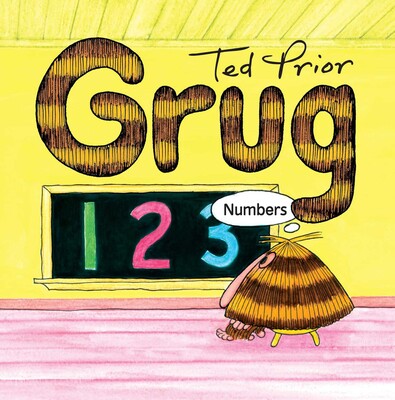
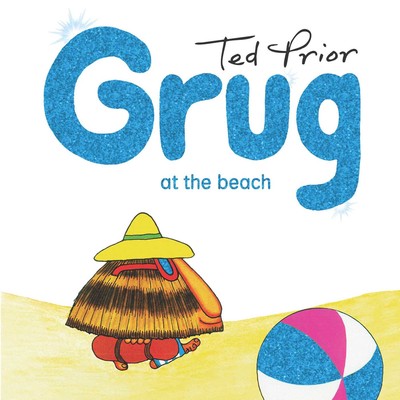
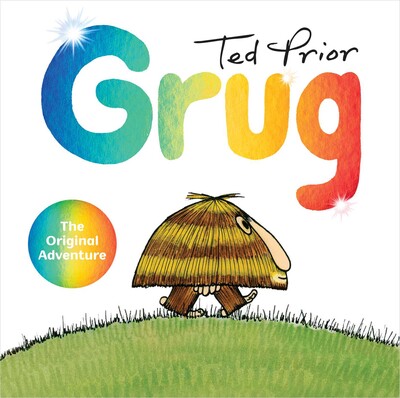
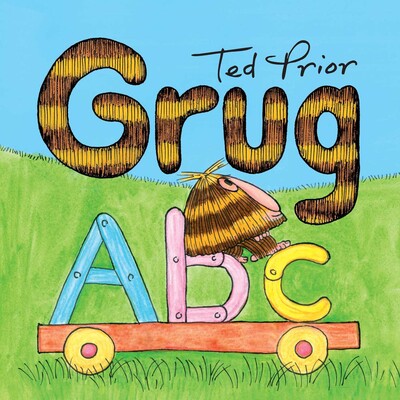
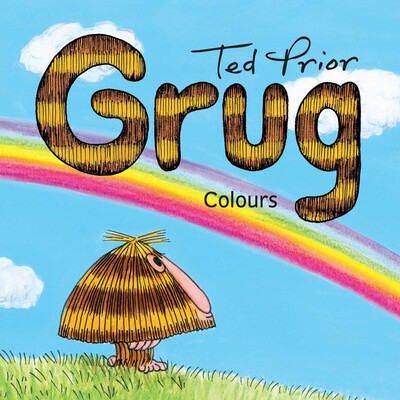
One big red apple
Two yellow flowers
Three bright balloons…Learn to count with Grug! This classic Aussie hero is back from the bush to enchant a new generation of youngsters!
Grug teaches the basic building blocks of learning, the alphabet and numbers, in a fabulous Australian setting.
Grug and Grok are about making things as simple as they can get, so we can know it down to the fundamental concepts.
It’s about education, teaching and learning – how to think and see the world like a child, like a complete beginner.
It’s about reasoning from first principles.
First principles thinking requires breaking down a problem into its fundamental building blocks, its essential elements, asking powerful questions, getting down to the basic truth, separating facts from assumptions and then constructing a view from the grounds up.
While there are many factors that govern success and failure of a company, there’s a key primary differentiator in how they think.
Companies that succeed do not ask “What exists”. They ask “What’s possible” and then determine how to get there. In a quest to create a better version, they do not limit themselves to iteration on what exists. They are not trapped in how things are done traditionally. Rather they apply first principles thinking and break the mental barriers to determine what it is that must be done, even if that means starting from scratch.
Such companies understand that the truth of yesterday may not be the reality today. They look at the world through a new lens everyday, go back and question assumptions and explore new possibilities.
It’s about seeing the world fresh like a beginner.
The mind of the beginner is empty, free of the habits of the experts, ready to accept, to doubt, and open to all the possibilities.
In the beginner’s mind there is no thought, “I have attained something.” All self-centered thoughts limit our vast mind. When we have no thought of achievement, no thought of self, we are true beginners.
It is the kind of mind which can see things as they are, which step by step and in a flash can realize the original nature of everything.
Shunryu Suzuki